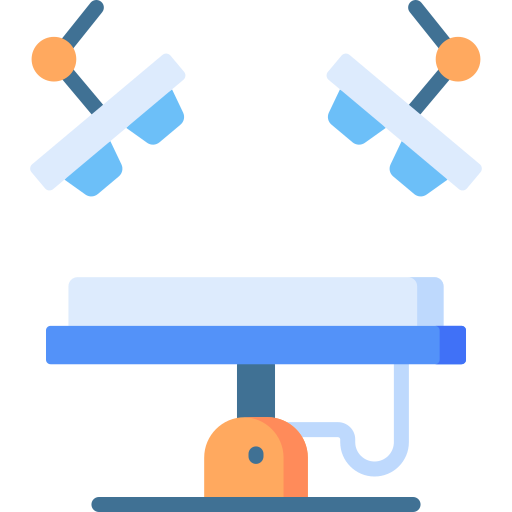Secretaries: Mrs Yvonne Mallon & Shelby Noble Ext 53064
Acute Pain Nurses: Elspeth Ewing and Lesley Cameron Bleep 3934
Consultant & Staff Anaesthetists (& interests):
All Consultant/Staff Grade e-mail addresses and bleep numbers can be obtained from Yvonne. There are permanent staff and trainee WhatsApp groups for both work and social communications. Please try and use work email addresses to contact colleagues for non urgent purposes and limit personal messaging to urgent clinical information or rota changes, unless they have asked you to do otherwise. This helps to preserve everyone’s’ down time!
Patrick Armstrong: Politics; Physics; Maths
Mike Brockway: Retired CD, now locum.
Richard Burnett: Regional Anaesthesia & Obstetrics; ITU Stage 2 Clinical Supervisor
Dan Burke: Plastics; Trauma (nRIE)
Claire Caesar: Obstetric Anaesthesia, Rota for trainees, Plastics
Lynn Carragher: Obstetric Anaesthesia; TIVA; ECT; Environmental Sustainability; Mastery Skills Facilitator
Rowena Clark : ITU; Hickman Line Insertion; Part A course; Wellbeing / mentoring
Mairi Crawford : Lead Clinician Obstetric Anaesthesia, Paediatrics, Primary teaching; Simulation
Sarah Cross : College Tutor; ECT; Paeds, ENT & Obstetric Anaesthesia; Environmental Sustainability
Simon Edgar: Director of Medical Education, Paediatric anaesthesia
David Falzon : Obstetric Anaesthesia; OMFS, Theatre Quality Improvement and sessions at WGH
Clare Gardner: CT1 Clinical Supervisor; Bronchoscopy; OMFS / ENT Anaesthesia & Trainee teaching
Murray Geddes : New clinical director for SJH Anaesthetic Dept; Rota for permanent members of staff; Hickman line insertion; ITU; Regional Anaesthesia; orthopaedics at RIE
Claire Gillan : Stage 3 Clinical Supervisor ;ENT & OMFS Anaesthesia; Airway Training Lead
Sadia Ghaffar : Obstetric & ENT Anaesthesia; Pre assessment Clinic.
Andy Goddard : OMFS & Regional Anaesthesia; Pre assessment Clinic, Environmental Sustainability
Lorraine Harrington : Pain; Critical Incident Coordinator
Duncan Henderson: Acute Pain; Associate Dean (Foundation)
Audrey Jeffrey: Dental Sedation, Special Needs Dentistry, Obstetric & OMFS Anaesthesia; TIVA CT2 Clinical Supervisor
Nadia Masood : General and Paeds anaesthesia Ed Mellanby OMFS Anaesthesia; Simulation & Human Factors Training
Pamela Milligan : OMFS & Regional Anaesthesia; Simulation, Pre assessment Clinic
Thalia Monro-Somerville : ITU; Simulation Training; Mastery Skills Facilitator; Hickman Line Insertion
Samantha Moultrie: ENT Anaesthesia; Hickman Line Insertion; ITU HAI and SPSP; Mastery Skills Facilitator
Bridget Podmore: Obstetric Anaesthesia & Plastics
Grant Price: ITU; ECMO; ENT Anaesthesia; Hickman Line Insertion Joanna Renée Lead Clinician Acute Pain; Chronic Pain, Special Needs Anaesthesia; STAN coordinator
Morag Renton: Preoperative assessment Lead; Plastics; TIVA
Jen Service : ITU Lead Clinician; OMFS Anaesthesia; Dental sedation; Maternal Critical Care; Hickman Line Insertion
Rachel Smith : CT3 Supervisor, ENT Anaesthesia; ACSA
Kenneth Stewart: Locum – recently retired; Gynae, Plastics & Regional Anaesthesia
Cath Stretton : New consultant
Jeremy Thomas: Deputy Lead Clinician; OMFS Anaesthesia
Craig Walker: ITU SJH & Emergency Department RIE; Sim Lead (EM nRIE); ITU M&M Lead.
Patrick Ward: ENT Anaesthesia, airway training
Karen Watson: Locum – recently retired; Obstetric & ENT Anaesthesia; Orthopaedics & US guided lower (and upper) limb blocks; TIVA.
Du Toit De Wet: Associate Specialist; Simulation Lead Medical Students; Mastery Skills Facilitator
Angus Wragg: Specialty Doctor; TIVA
Staff Grades at St John’s from August 2022 - August 2023
Dr Mike Kriger
Consultants with sessions here as well as their base hospitals:
Dougie Duncan: ENT Anaesthesia (WGH)
Bernard Heidemann: ENT Anaesthesia (nRIE)
Farrukh Iqbal: ENT Anaesthesia (WGH)
Alistair McNarry: ENT Anaesthesia (WGH)
Diedre Conway : (nRIE)
Andrew Grant : Environmental Sustainability; Regional; TIVA (nRIE)
